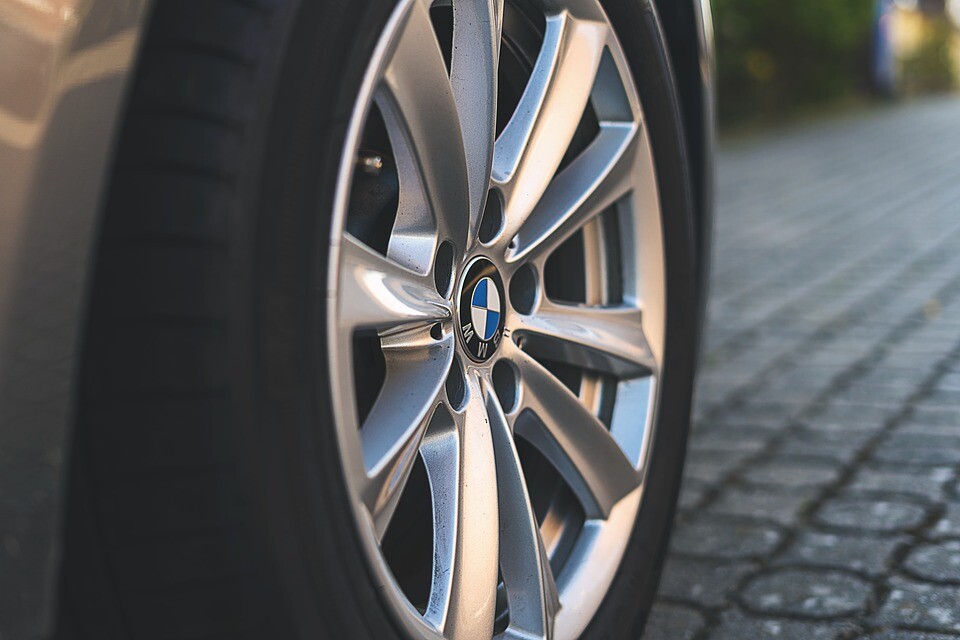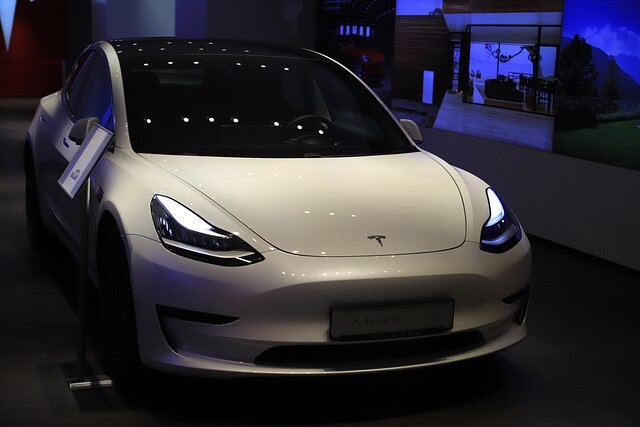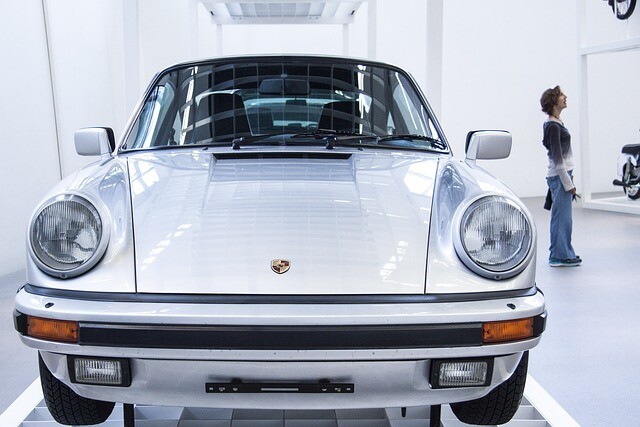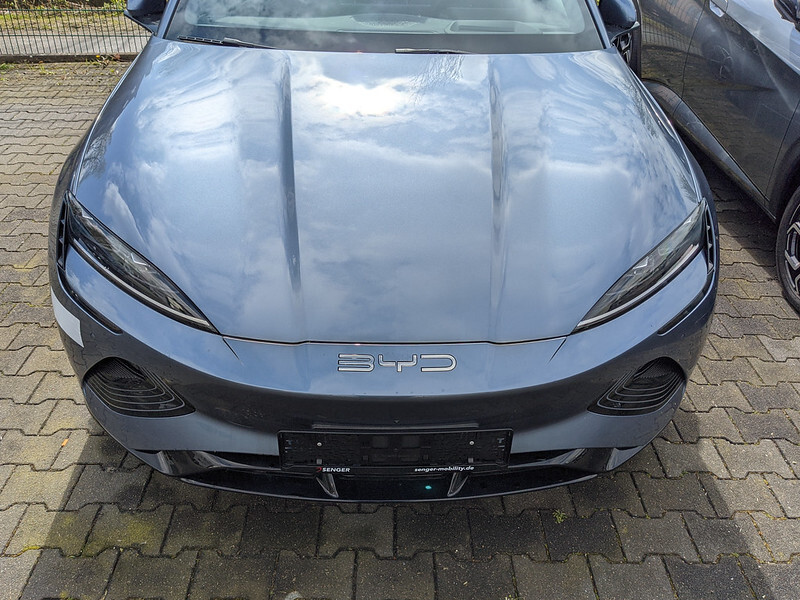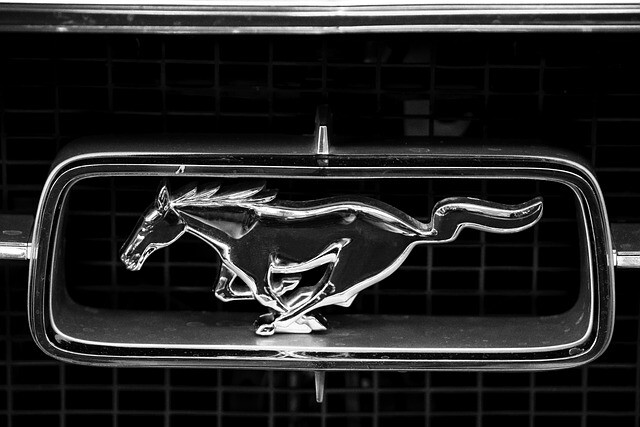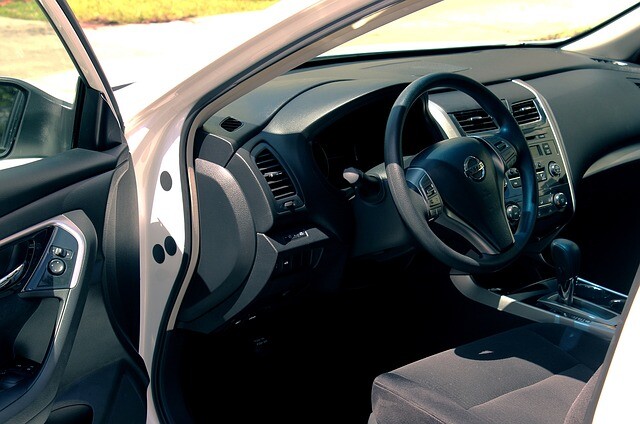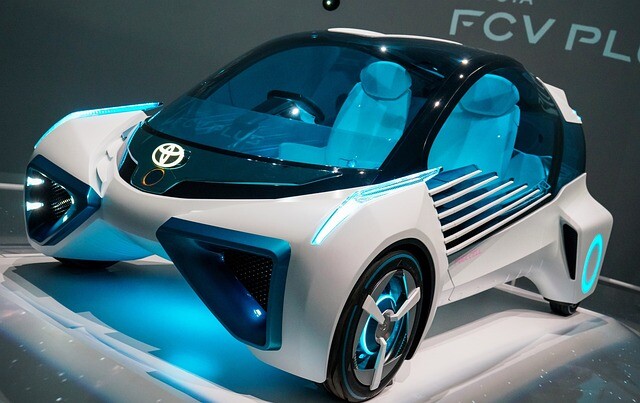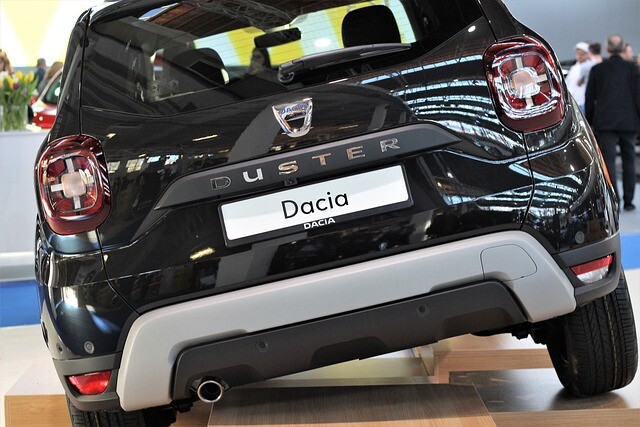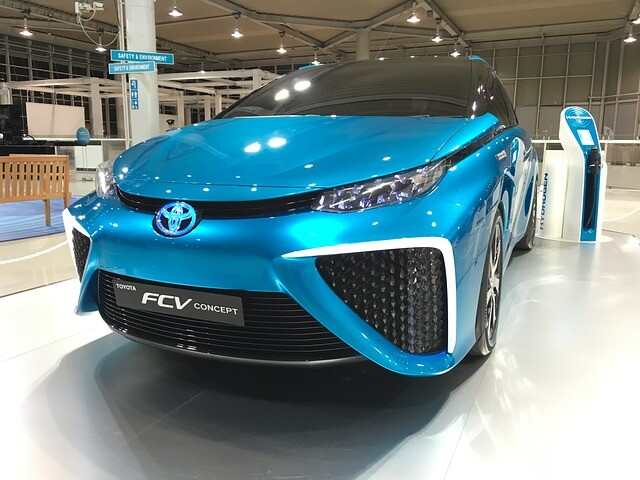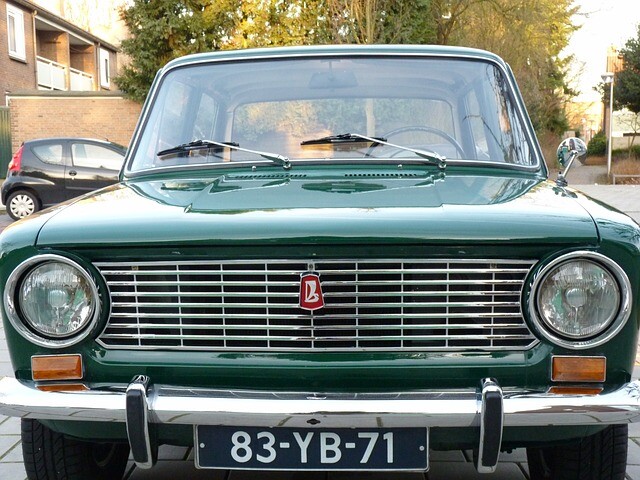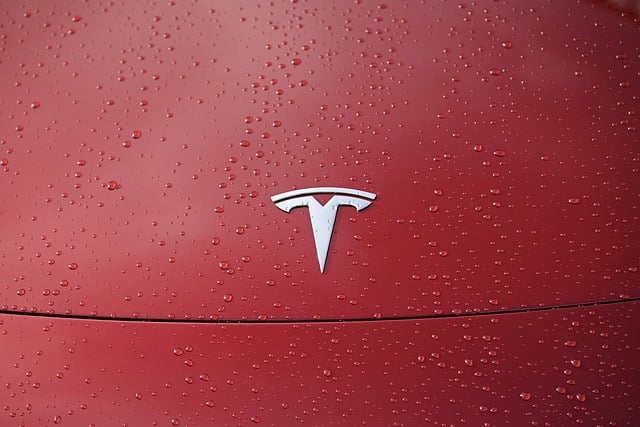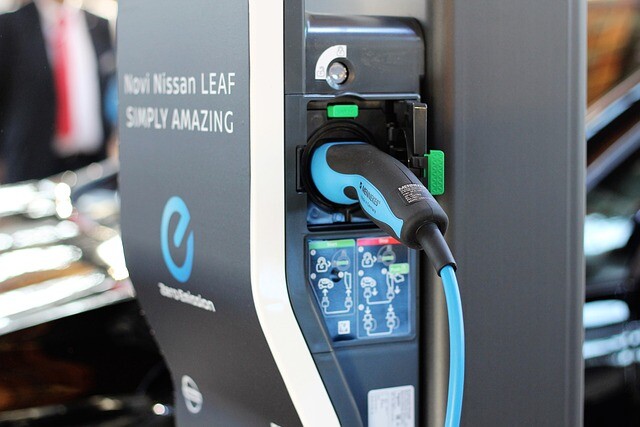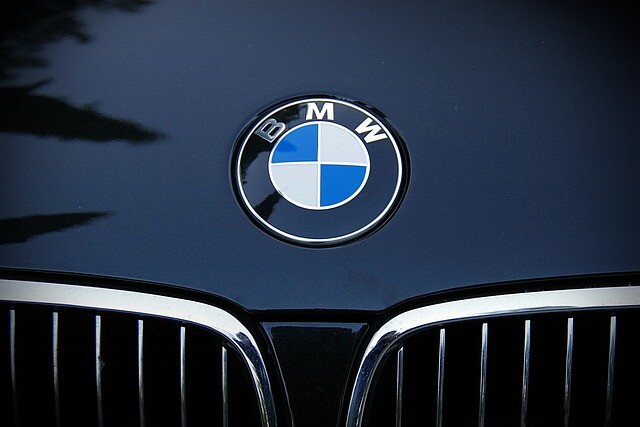Christoph Buchal prepared the report for the German Institute for Economic Research with his colleagues in Physics at Cologne. According to a report released on Wednesday, electric cars are 11-28 percent more polluting than diesel cars, given the carbon dioxide emissions from battery manufacturing and the use of non-renewable energy methods in electricity used in Germany.
Many energy is needed for mining and processing lithium, cobalt and manganese for batteries.
The production of a Tesla Model 3 electric car battery produces 11-15 tonnes of carbon dioxide according to the study. With a ten-year lifetime and 15,000 kilometers of traffic per year, this results in 73-98 grams of carbon dioxide per kilometer, the authors said.
The same Tesla emits 156-181 grams of carbon dioxide per kilometer if the calculations take into account the carbon dioxide emissions of the electric network required for battery operation, which is significantly higher than that of the comparative Mercedes diesel.
Car manufacturers are now preparing to switch to the production of electric cars on a mass scale, but according to the authors of the study, methane-powered cars would be better for the environment because their carbon dioxide emissions are one-third lower than that of a diesel car.
A similar study by the University of Munich's Ifo Institute for Economic Research suggests that switching to electric vehicles can only make a small contribution to reducing CO2 emissions in Germany. (It's very nice - but what about nitrogen oxides, which are also very polluting?)
As it is described, the actual and effective reduction of carbon dioxide emissions should first be converted to natural gas by conventional internal combustion engines and then to biomethane with a truly "zero" carbon balance.
In addition to the current demand for battery power, the study also took into account the role of power generation based on alternative energy sources in the impact of electric vehicles on total CO2 emissions.
In the longer term, however, hydrogen-powered vehicles can offer additional benefits by allowing hydrogen to be 'stored' and subsequently utilized by wind and solar power plants to produce peak power. However, storing peak-time electricity will be increasingly needed in parallel with the growing share of technology in the energy mix.
The study strongly criticizes the EU legislative practice that takes 'zero' carbon emissions into account in measures to promote their distribution. This procedure gives the impression that electric cars "do not" produce carbon dioxide, although there is no mention of it - the study draws attention.
In fact, the production of electric cars and the production of batteries are both energy-intensive processes. Electric cars in circulation are charged with the power produced on the basis of the available energy mix.
